Seafood is one of Vietnam's key export products. In recent years, domestic seafood exporting enterprises have focused more on investing in technology. This has helped create high-value, low-cost products, overcoming limitations in production and transportation costs. However, to realize the goal of entering the top 5 largest seafood exporting countries in the world by 2030, according to experts, the Vietnamese seafood industry needs to continue to invest more in deep processing.
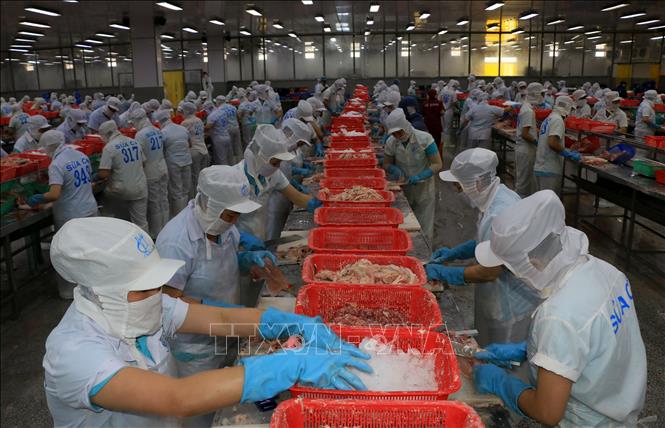
Processing frozen pangasius fillets for export at Hung Ca Company Limited ( Dong Thap ) Photo: Nhut An - VNA
Seafood exports still face difficulties
According to the Vietnam Association of Seafood Exporters and Processors (VASEP), in November 2023, Vietnam's seafood export turnover reached nearly 840 million USD, up 6% over the same period last year. In the 11 months of 2023, seafood exports are estimated at 8.27 billion USD, down 19% over the same period last year.
Except for shellfish, whose export turnover was still lower, the main products in November all had higher turnover compared to the same period last year, of which shrimp increased by 4%, tuna increased by 26%, pangasius increased by 12%, squid and octopus increased by 3%, other sea fish increased by 4%...
VASEP said that although seafood exports have improved, they still face many difficulties. These difficulties may last until 2024.
For example, for shrimp - one of the items that accounts for a large proportion of Vietnam's seafood export turnover, by the end of November 2023, shrimp export turnover was estimated at 3.15 billion USD, down 22% compared to the same period last year. Exports to most major markets were lower than the same period.
Regarding the reasons for the decline in shrimp exports, experts said that the global economic downturn has significantly reduced the demand for crustaceans in general and shrimp in particular. This has caused the world shrimp market to fall into a state of oversupply. In that context, shrimp exporters have competed with each other by lowering their selling prices, making the situation even more difficult.
Increasing competitiveness through deep processing
In the Project on developing the seafood processing industry for the period 2021-2030, the Ministry of Agriculture and Rural Development (MARD) has set the goal of "developing modern, efficient and sustainable seafood processing, meeting the needs and regulations of the consumer market; improving competitiveness and continuing to deeply integrate into the global value chain; striving to make Vietnam a seafood processing center and among the top 5 countries in the world by 2030".
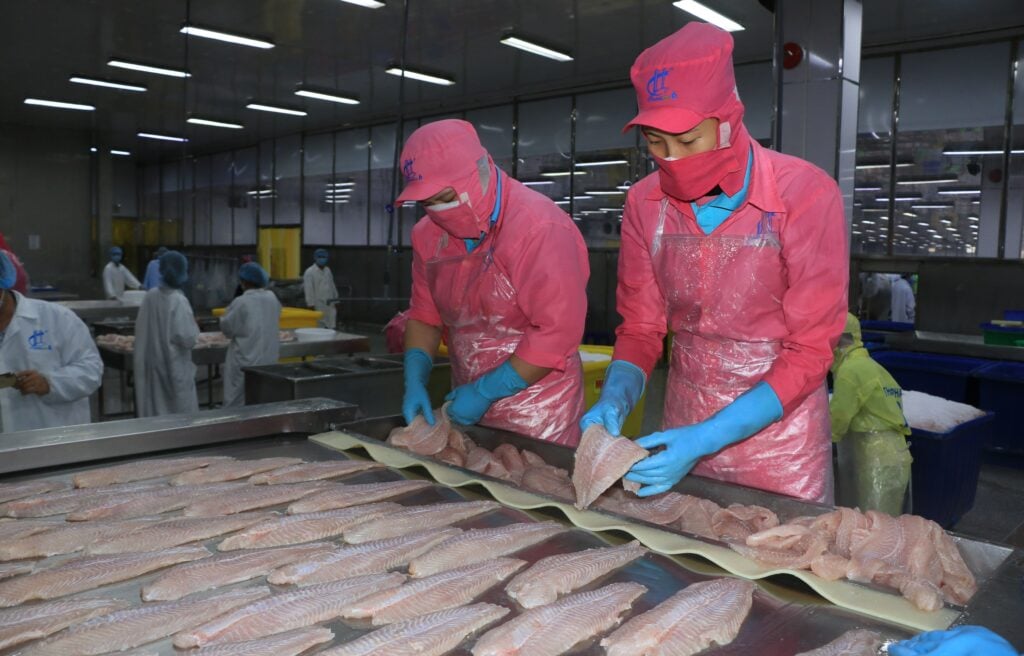
Processing frozen tra fish fillets for export at Hung Ca Company Limited (Thanh Binh, Dong Thap). Photo: Nhut An - VNA
Mr. Tran Dinh Luan, Director of the Department of Fisheries, Ministry of Agriculture and Rural Development, said that the above project aims to help Vietnam achieve the leading position in the field of seafood exports. This goal does not only stop at increasing output but also focuses on the quality and added value of the products.
However, the implementation of the Project on developing the seafood processing industry in the 2021-2030 period in some localities still faces many difficulties. Mr. Le Van Hoan, Deputy Director of the Department of Agriculture and Rural Development of Khanh Hoa province, shared that the province currently has 3,190 fishing vessels, with an average annual seafood output of 95,000 tons. Khanh Hoa's seafood export products are present in 64 markets around the world and contribute greatly to the province's economic development. However, the implementation of the Project in the province still faces some difficulties and limitations. Specifically, the output market for some seafood products is not really stable, seafood products are mainly exported as raw and frozen products without deep-processed foods, and the province's marine aquaculture industry still faces many difficulties. The linkage in production, processing, and preservation of seafood, especially farmed seafood, is not yet sustainable.
In that context, Mr. Tran Dinh Luan proposed: “To achieve the above goal, close coordination is needed between export processing enterprises, industry associations and support from the State. In the future, Vietnam's seafood industry can not only stand out in terms of export quantity but also in terms of product quality and value, contributing to the sustainable development of the industry as well as the national economy.”
For his part, Mr. Truong Dinh Hoe, General Secretary of VASEP, called on businesses in the industry to continue to strengthen quality through activities related to international certification, focusing on issues related to the green economy, to ensure the brand and ability to promote Vietnamese seafood products in the global market.
Experts also said that domestic enterprises need to increase deep processing to increase the value and competitiveness of products. Mr. Tran Dinh Luan said that Vietnam is aiming to become one of the leading countries in deep processing and creating high value-added seafood products. This requires a shift from focusing on quantity to quality and value - a big challenge for the whole industry and especially for State managers. Increasing deep processing not only helps increase the value of products but also creates an opportunity for Vietnam to capture the global market.
In addition, according to experts, to take advantage of existing advantages and seize opportunities from the seafood market to promote export activities, businesses need to focus on perfecting the production chain, improving the quality of supply sources and developing exports in the direction of increasing added value, reputation and brand. In particular, businesses need to strictly comply with the provisions of Vietnamese law and international commitments that Vietnam participates in.
Mr. Tran Van Hao, Assistant to the President of the Vietnam Tuna Association, called for efforts to combat illegal, unreported and unregulated (IUU) fishing and to orient towards sustainable standards./.
Yellow River

![[Photo] Anh Hoang - Dinh Duc successfully defended the men's doubles championship of the National Table Tennis Championship of Nhan Dan Newspaper](https://vphoto.vietnam.vn/thumb/1200x675/vietnam/resource/IMAGE/2025/5/23/d6ab3bcac02c49928b38c729d795cac6)

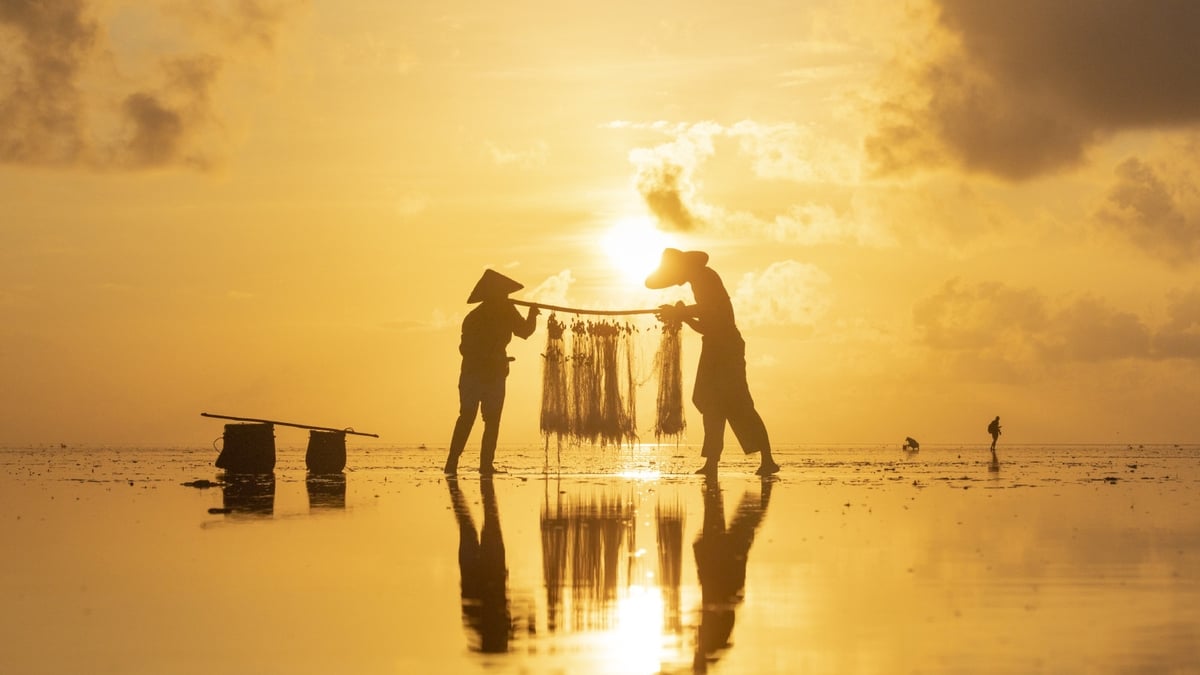

![[Photo] Top players gather at the 2025 Nhan Dan Newspaper National Table Tennis Championship](https://vphoto.vietnam.vn/thumb/1200x675/vietnam/resource/IMAGE/2025/5/23/9ad5f6f4faf146b08335e5c446edb107)
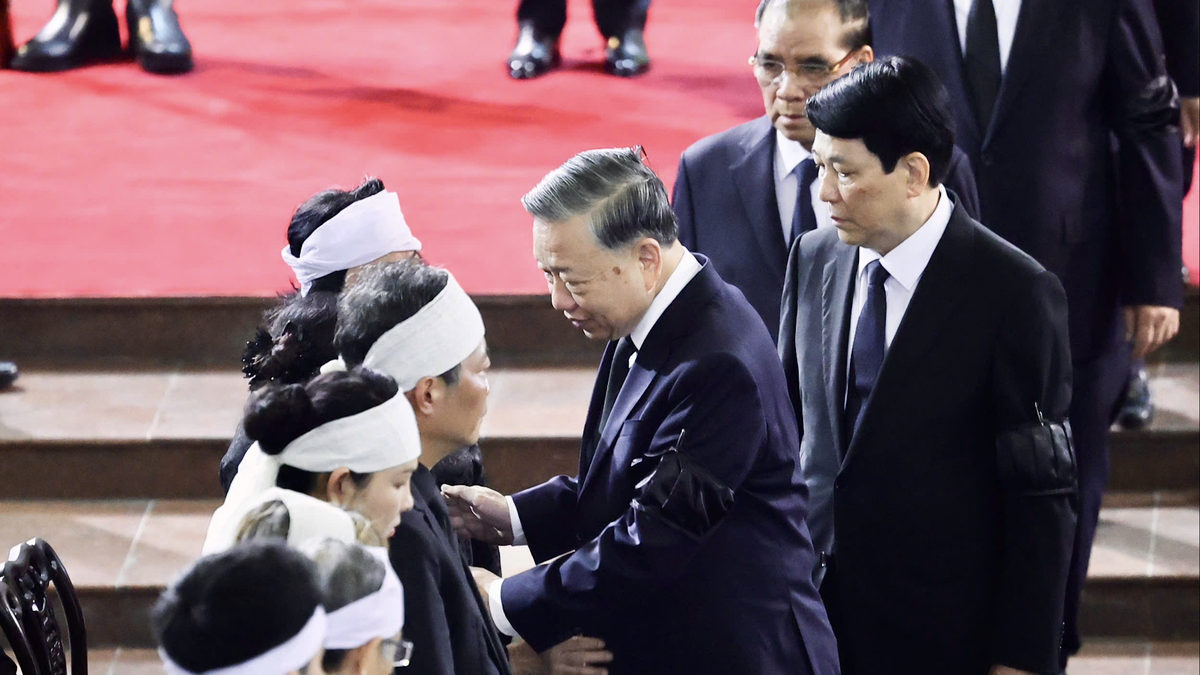


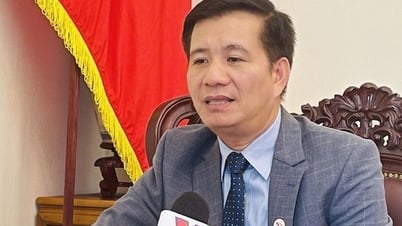
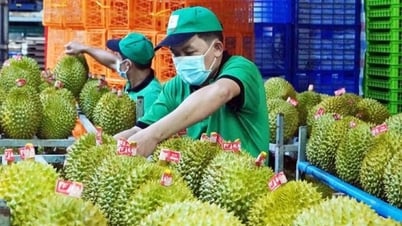

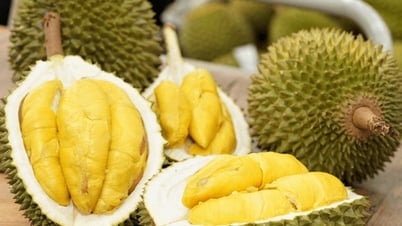
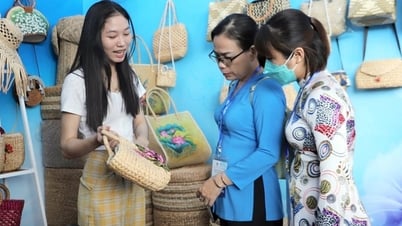
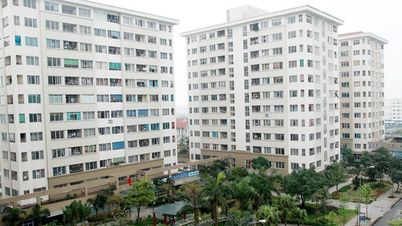




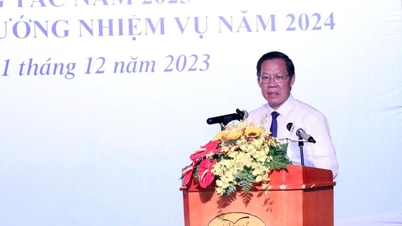

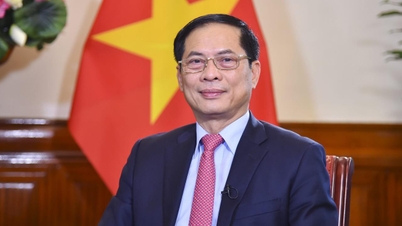
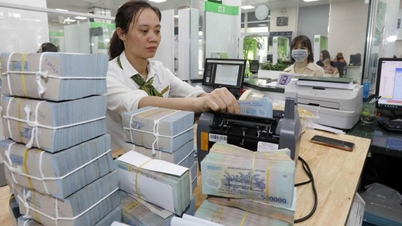
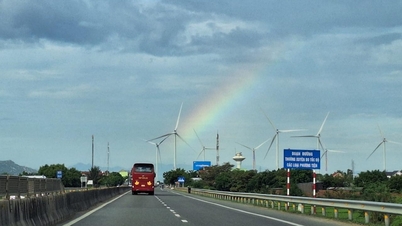
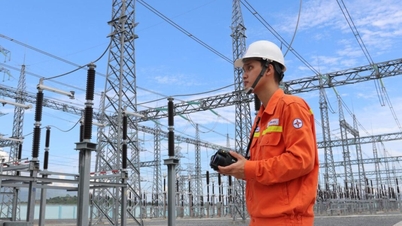




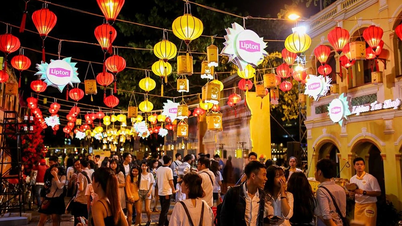

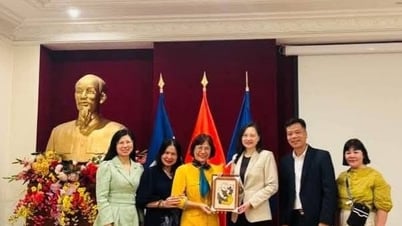

























![[Photo] The Central Party Executive Committee delegation visits former President Tran Duc Luong](https://vphoto.vietnam.vn/thumb/402x226/vietnam/resource/IMAGE/2025/5/24/32f67673454445aab0f1f2af331cb170)
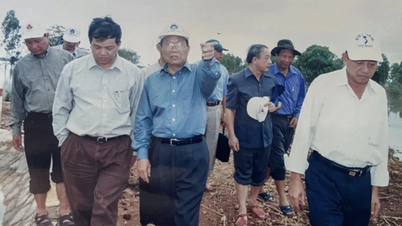

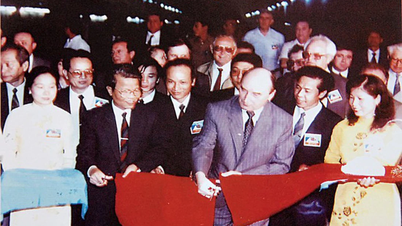

















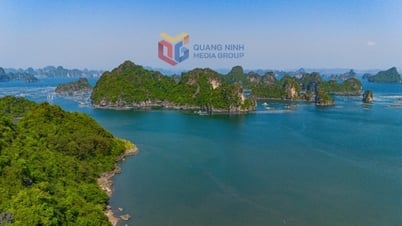

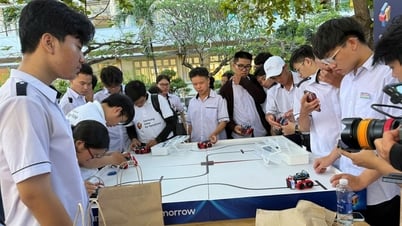

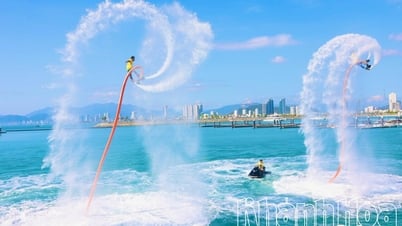













Comment (0)